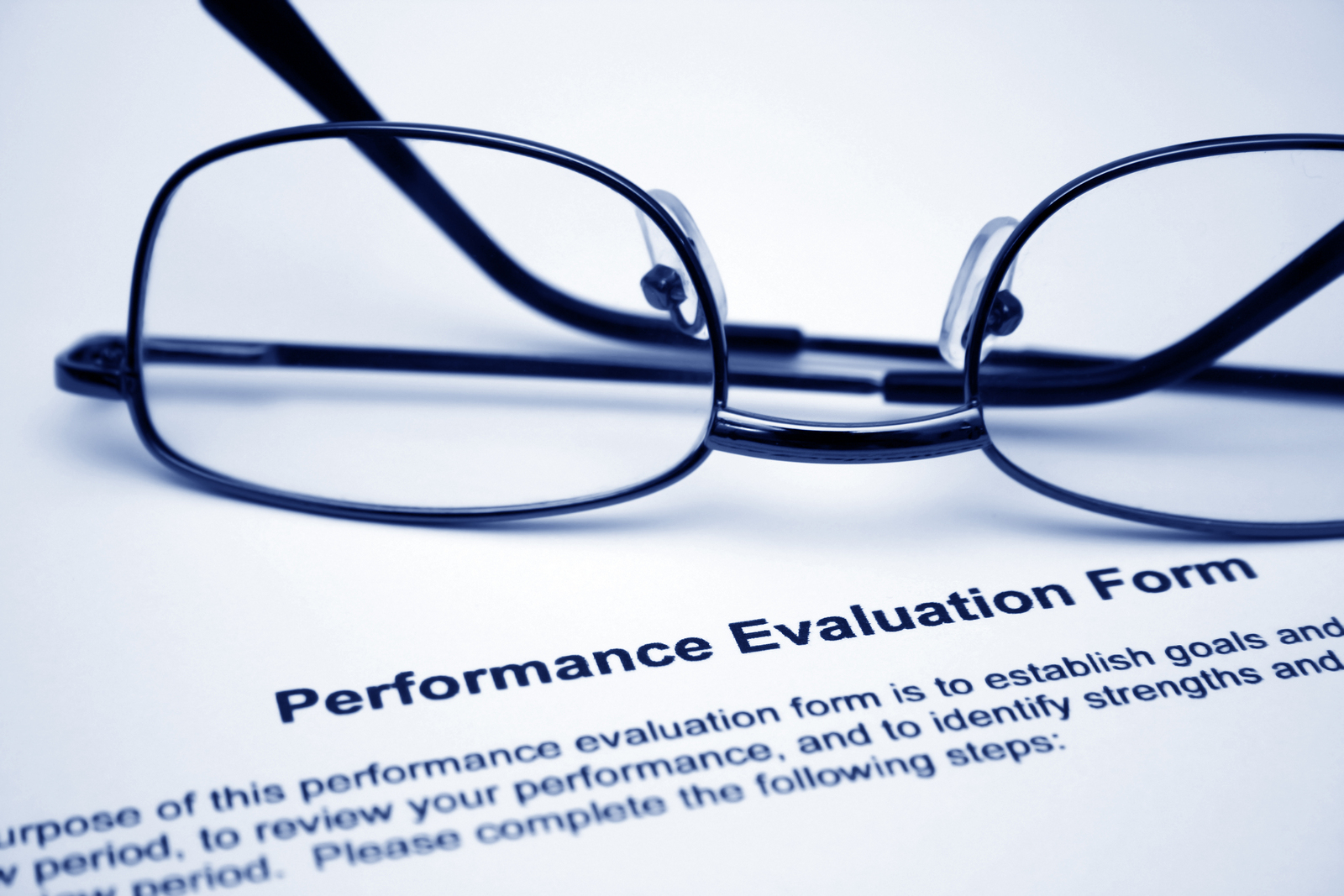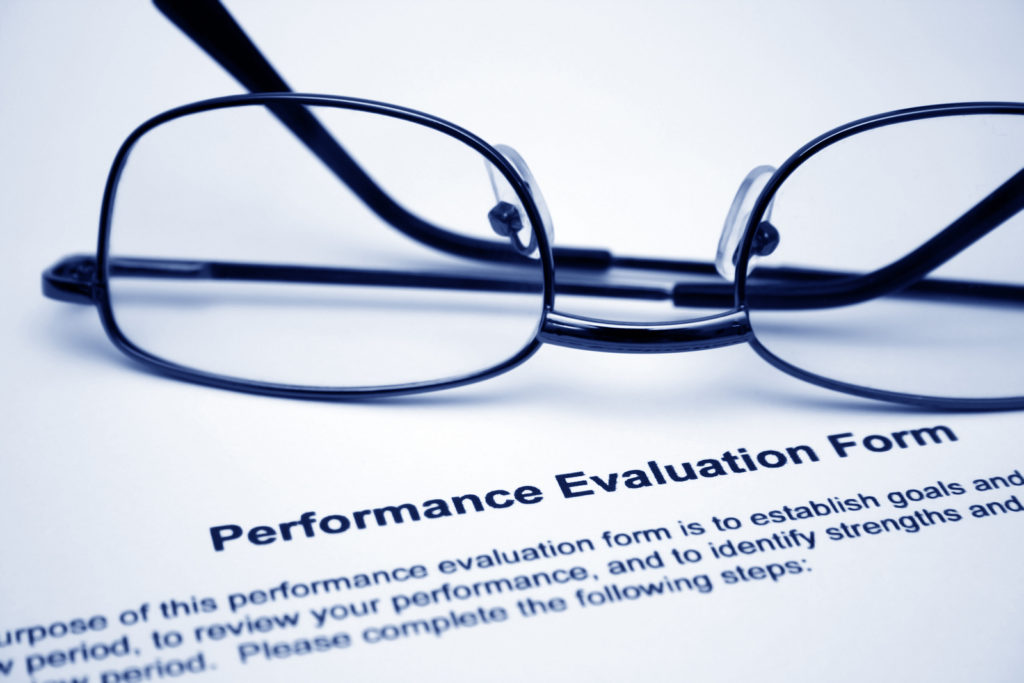

An employee’s annual salary review should not be the first time they are receiving feedback about their job performance. If an employee has been under-performing based on the expectation of the job without feedback or coaching to improve from their manager, who is ultimately responsible goals not being met?
Whether or not performance is tied directly to salary increases and career advancement, employees should know how their performance is being measured. If you have a good performance management system that includes proper communication there should be no surprises.
The purpose of performance management system is to drive and promote performance within your organization. An effective process may be tied to your employee engagement initiative and should be focused on good constructive communication between managers and staff, with the sole purpose of developing strengths and maximizing the performance of the individual to achieve the organization’s goals and objectives.
Some important steps and key components to building an effective performance management process include:
- Create and Confirm the Plan
Have a discussion to develop a plan around performance standards, and to detail the specific expectations of the employee based on the goals and objectives of the company.
- Determine Performance Ratings
Develop a rating and scoring methodology that allows you to measure all employees consistently. Employees should understand the rating method and how their job will be measured prior to receiving feedback. Below is a more common performance management rating system scoring from 1 to 4:
1 = Does Not Meet Expectations
Performance is below standard expectations and requirements of the job. Overall performance improvement is required.
2 = Needs Improvement
Performance is inconsistent with the expectations and the requirements of the job. Further development may be required.
3 = Meets Expectations
Performance meets the expectations and the requirements of the job.
4 = Exceeds Expectations
Performance consistently exceeds the expectations and requirements of the job.
- Be Clear About Performance Goals
An effective performance management process should include a discussion where both the department and the organization’s overall objectives are identified, correlated into individual objectives and communicated to the employee. Having agreement on the desired goal, measurement, and timeframe for completion at the beginning of the performance review process will lead to a more productive discussion with no surprises.
- Provide Constructive Feedback
The feedback that managers provide to their employee should include observations and input from reliable sources about their performance in their ongoing job as well as any standout accomplishments.
- Create Opportunities for Further Development
A performance appraisal process that is not supported with a discussion for future learning and development for the employee will ultimately not be useful to the employee in meeting the individual or organization’s goals and objectives.
The areas that are identified for development should be clearly defined, and the employee should be able to see how the new skills will be acquired, and applied to the current and future job roles.
If the area of development is a requirement to achieve satisfactory performance in the current job role, then the plan for achieving the development must be very clear to the employee.
Key Components To A Successful Performance Appraisal Process
- Involving the employees in performance review process allows for greater engagement and ownership of the process and outcomes.
- Assessment and review of an employee’s performance should not be punitive, and should remain focused on facts, not emotion.
- Managers should be able to support the performance rating they assign. They must have a clear understanding of what would have made the performance scores higher or lower.
- In making plans for future development managers may include addressing specific requirements for current job performance or longer-term development for future roles.
If an employee has been under-performing based on the expectation of the job without feedback or coaching to improve, It is the manager that may ultimately responsible goals not being met.
